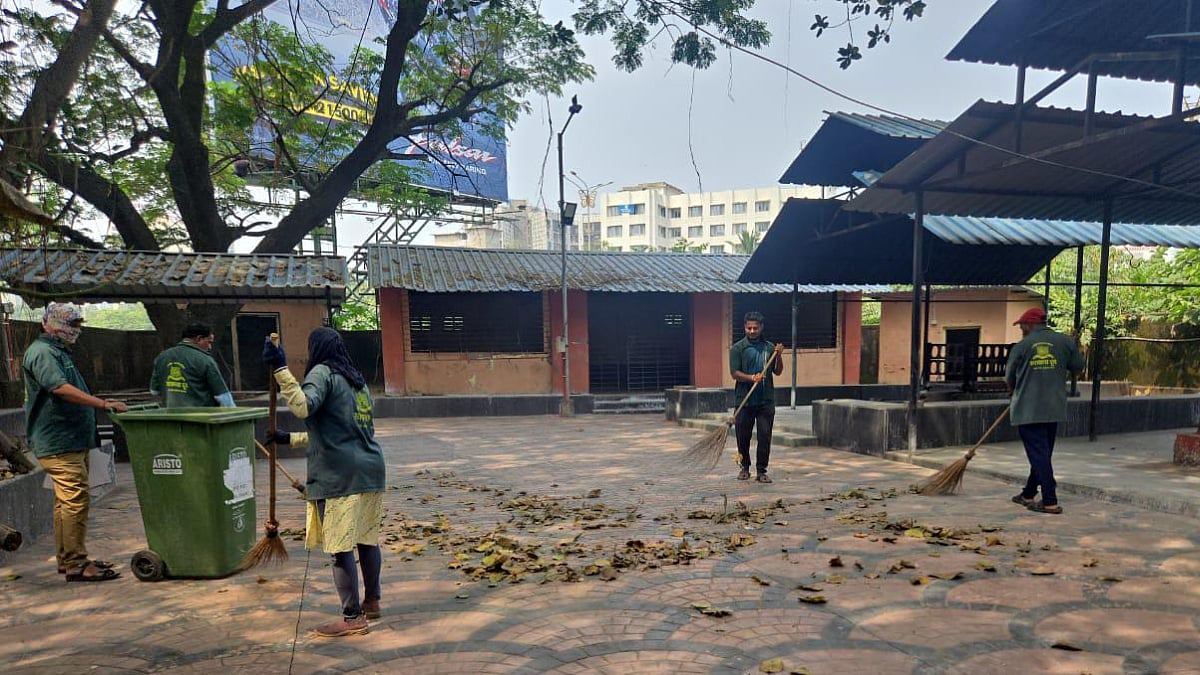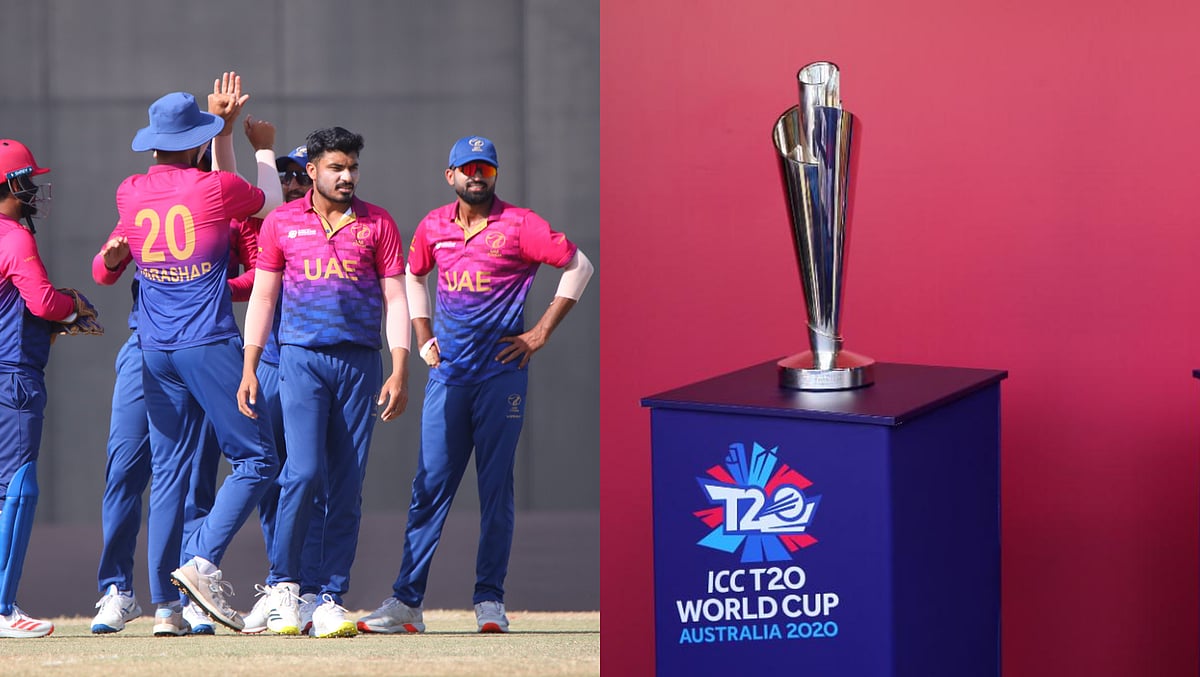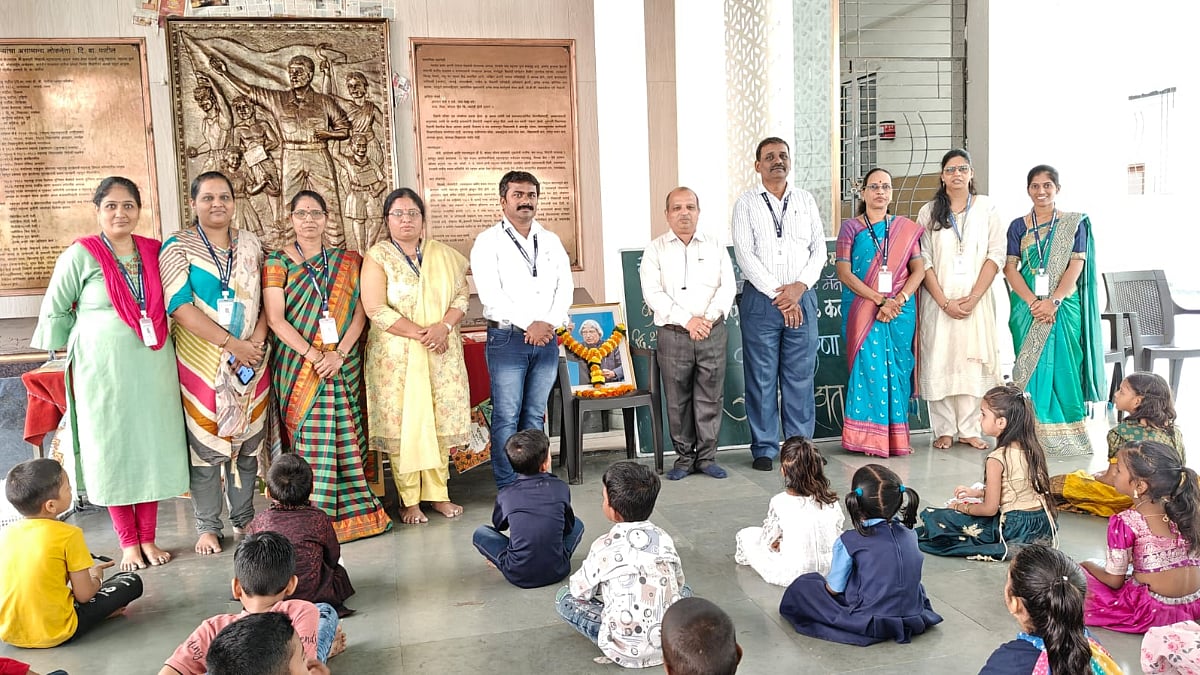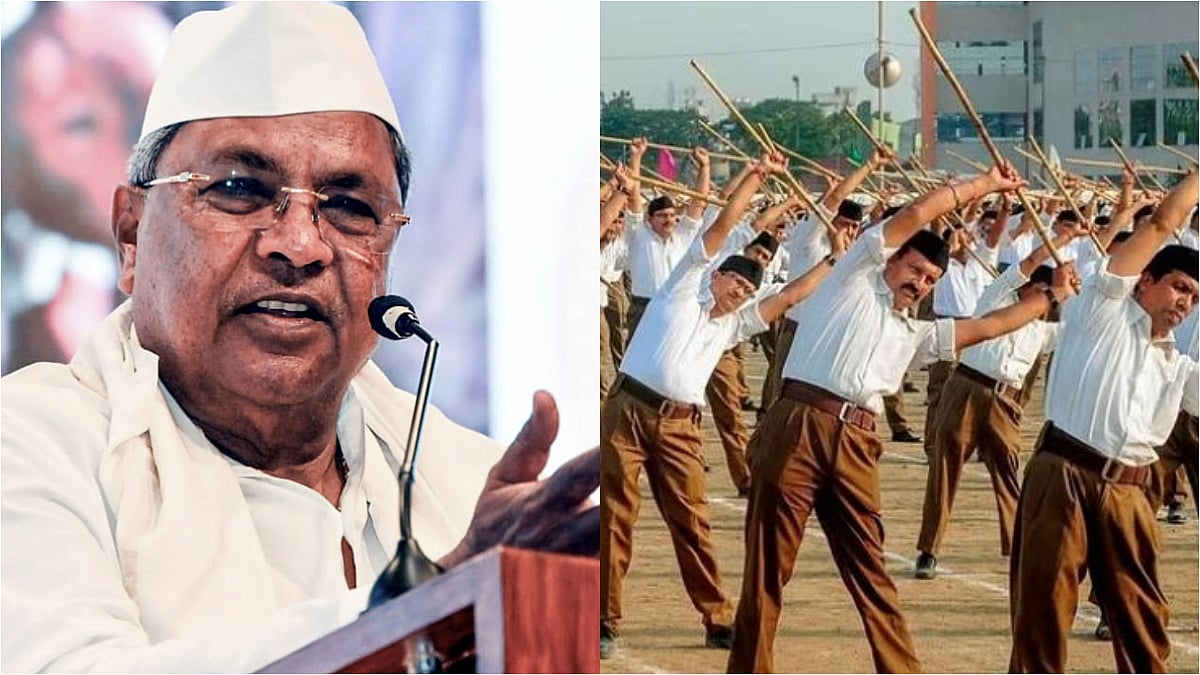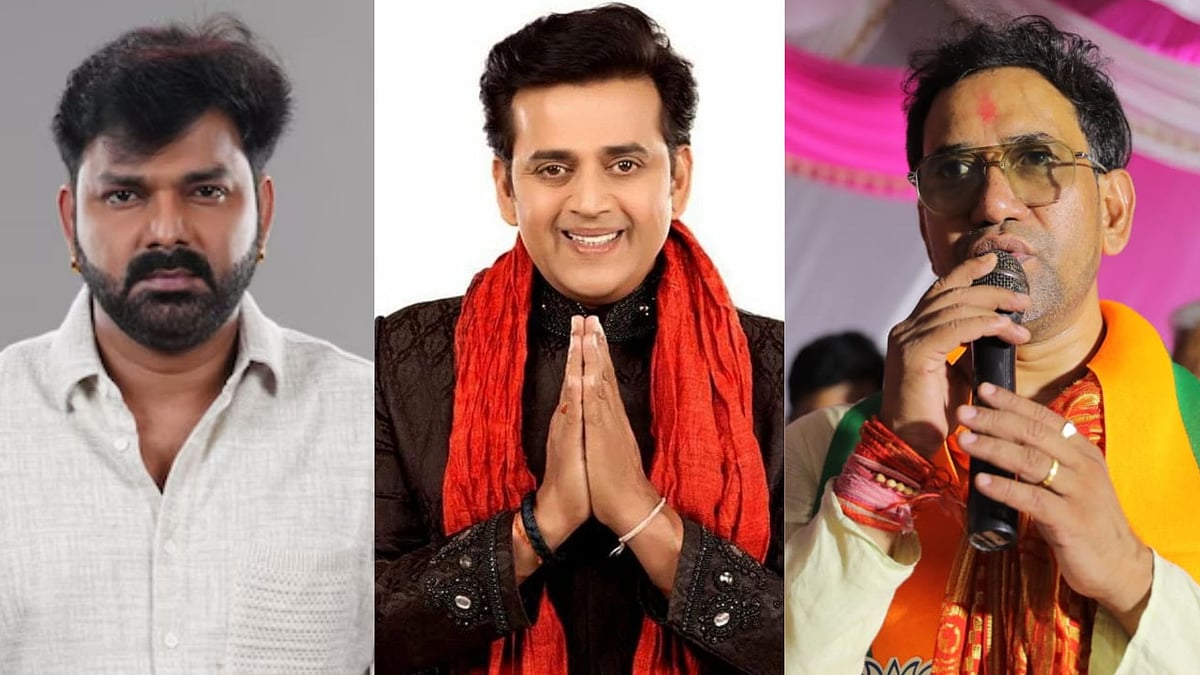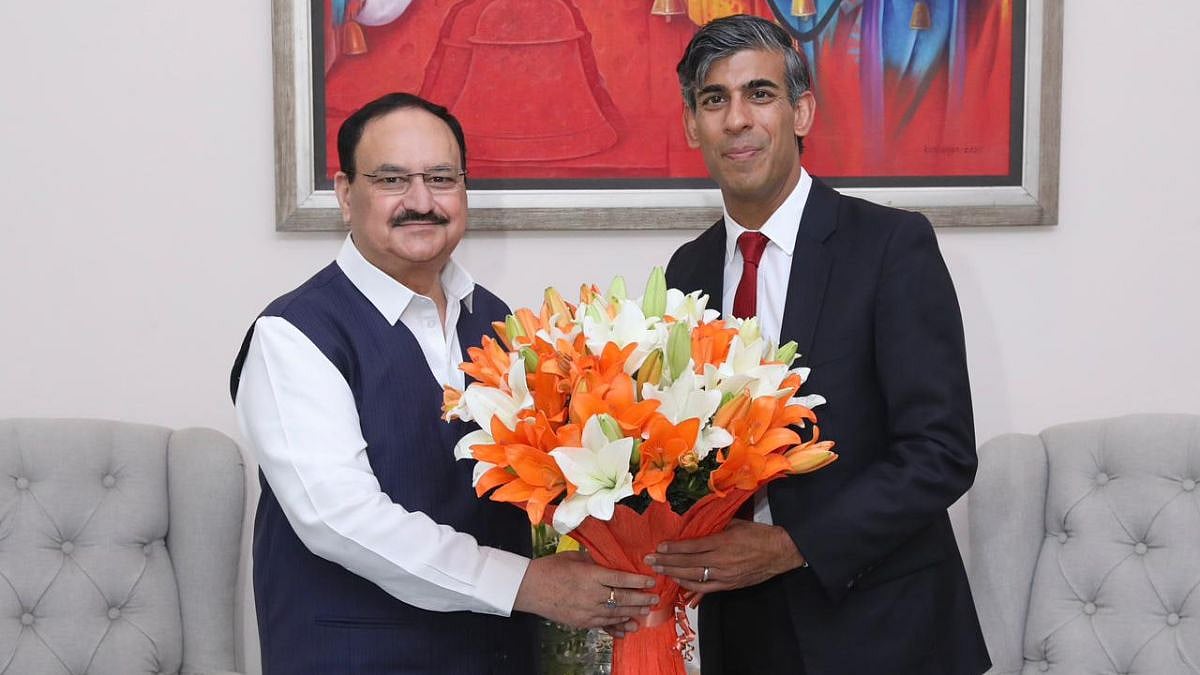Samuel Taylor Coleridge rightly said – ‘He is the best physician who is the most ingenious inspirer of hope’. Dr Minnie Bodhanwala is its living example. The CEO of the Wadia Hospitals is committed towards healthcare excellence in India and outside for the last 35 years.
Since 2012, this qualified dentist has been the CEO of two semi-government Mumbai hospitals – Bai Jerbai Wadia Hospital for Children and Nowrosjee Wadia Maternity Hospital. Apart from being an advisor (CSR Activities) to Nusli Wadia, Chairman, Wadia Group, she serves as an advisor to major organisations, mostly on healthcare projects. Dr Bodhanwala helped shift Wadia Hospitals from being a charitable semi-government institutes to being on par with top corporate hospitals. This recipient of 50+ awards led them to successively serve the needs of the disadvantaged. Under her leadership, both the hospitals bagged more than 40 national and international awards.
On International Woman’s Day, Dr Bodhanwala shares her experiences of being a woman doctor in India, leading the Wadia Hospitals, healthcare amidst pandemic and more. Excerpts:
How have your experiences influenced and shaped you professionally and personally?
Every experience, which starts right from when we are studying till date, gives you a different experience and teaches you how to deal with say your colleagues, initially your classmates or superiors. Then it goes on to your profession — like how you deal with your patients becomes important. As you grow, it becomes the main point of how you deal with the work force and the environment, which you create around you. So, those two aspects in healthcare, along with patient safety and satisfaction, are of importance. All this depends on the workforce and the environment which we create. This leads to the result part of it.
What are the professional challenges you faced as a woman doctor?
When you say professionally, it starts right from college days when the male counterparts have always been given greater importance. When I did dentistry, it was like ‘oh, women don’t do dentistry’. That was the concept that existed. We have conquered that concept and got it out of people’s mind. When we went in, we did our administration and went in for it. That was the same concept, too. In a male-dominated industry, it is difficult to wipe out that concept. But to a certain extent, we have succeeded. We proved that we were more capable than our male counterparts to handle whatever situations on ground.
How would you describe the experience of working with an institution like Wadia Hospital?
If a person wants real leadership and operational experience, they should experience it at Wadia’s [Hospital]. It gives you a 360 degree approach. You get experience of all types of people and environs. The support the chairman and board have given has brought the institute back to its original glory. But we have superseded that (lost glory). Now we have gone towards excellence.
How have you seen the evolution of the medical field in India and worldwide?
I feel people in India are putting themselves in a narrow hole, whereas people abroad have a broader perspective. That is the difference. Today, you will see a doctor-administrator holding top position, but their outlook towards clinical and administration is much broader. There is a blend of both. Whereas in India, what we find is many people take the medical profession, stick to that and not want to get out of that comfort zone. Globally, they don’t stick to comfort zones and try new innovations. The thing is you should be ready to accept the change too. People are not ready to accept changes with an open mind. For example, on ground, we see some of the clinicians and their strengths. We are now trying to develop our very own clinicians in our own institute. We are happy that these clinicians are coming forward and have developed a wonderful second line. This is one of the changes I am bringing in the institute and have been successful in bringing about a change in the thought process and approach.
How has the healthcare sector in India coped with the pandemic?
People in India were not ready to handle the pandemic. Yes, they have handled it beautifully. The problem is if you are given a challenge, they accept it and prove themselves. But, the mentality towards public health is that many of the states do not have the funding for public healthcare. India as a whole did not have a budget allocated, which was sufficient for public health. We were able to deal with it and are still fighting the pandemic. India has people with good knowledge. This knowledge should be utilised. People should be given a chance to come forward and help. I don’t see that happening in India on an open forum. You see only close-knit people getting the opportunity to give their thought process to be considered. Whereas open polity of thought processes would help India and other countries as well.
What advice would you share with women seeking to prove themselves?
In whatever situations, there will be challenges. Deal with your weak points, make them into your strengths and then tackle the situations. The crux of the matter is never give up. There might be changes that will be required in yourself, your processes and your attitude. Try and make those changes and move ahead.
What keeps you going?
There have been many attempts to break me. But those attempts failed. So, the way I deal with things, my approach is my strength. The greatest strength is to never lose or give up. Life is not all bed of roses. You should know how to become a rose, not the thorn. The young generation should not get de-motivated. They should have a goal and vision in mind. They should see how to reach those goals and vision. That is important because when you do something in life and have a goal and vision, then you should get the right path and go towards it. I want to thank Nusli Wadia, the Chairman of Wadia Group and Ness Wadia, the MD. Even though both are men, they have trusted a female and supported her. There is no better organisation than Wadia Hospitals.

